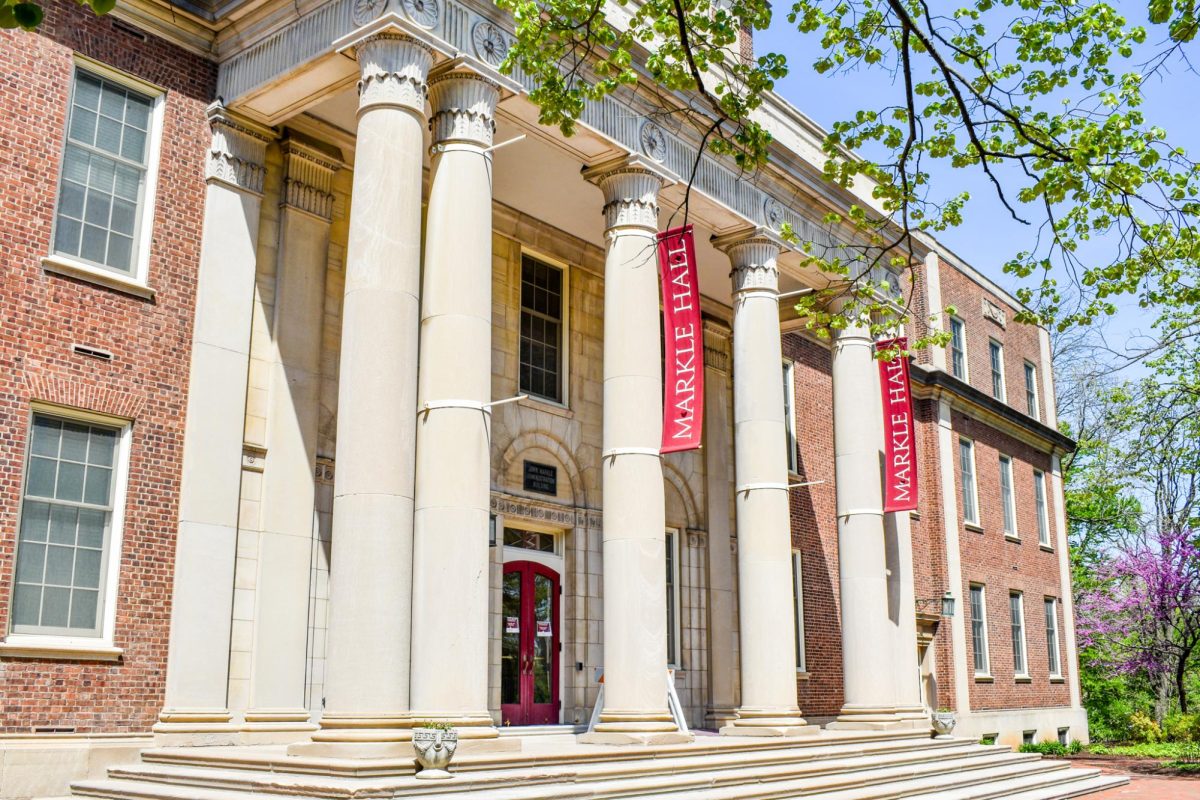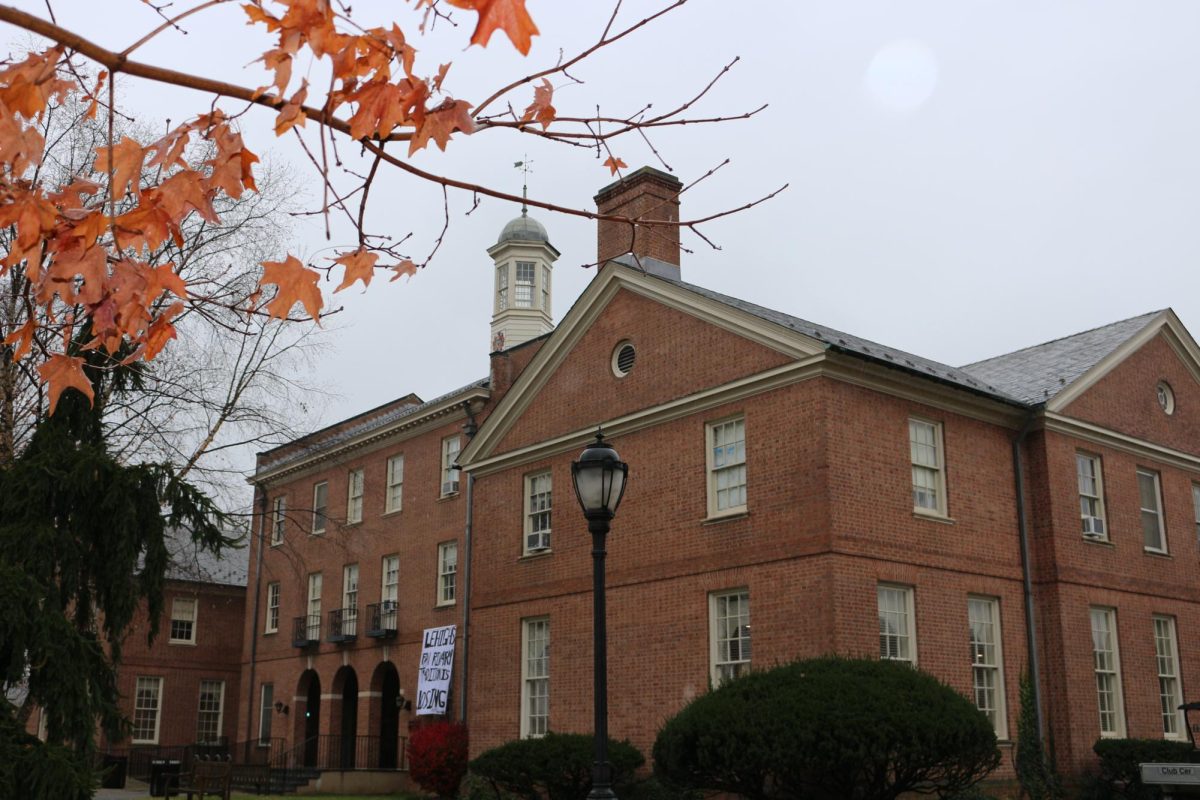Lengthiness, ambiguity among student concerns
At a panel yesterday morning, students voiced their concerns to college officials that the college’s internal complaint processes for sexual misconduct are unclear to students and take too long to reach a resolution, discouraging survivors from coming forward.
The college officials responded that they are exploring ways to make the internal formal complaint process for sexual misconduct faster, clearer and more efficient.
College officials said, in part, that they are seriously considering hiring more investigators to speed up the sexual misconduct investigatory process; that they will be hiring someone for an “educational advocacy” position to start in the fall who would clarify the process for students and provide support; and that deputy Title IX coordinators are currently not compensated for their work in that role.
Five college officials sat on the panel: Assistant Dean of Students Jenn Dize, Vice President of Human Resources Leslie Muhlfelder, President Alison Byerly, Title IX and Educational Equity Coordinator Jessica Brown, and Vice President of Campus Life Annette Diorio.
These officials talked about the ongoing review of the college’s sexual misconduct policies by the Presidential Oversight Committee on Sexual Misconduct (POCSM), and listened and responded to students’ concerns for about an hour and a half at the panel, which was organized by Pards Against Sexual Assault (PASA).
Co-founder of PASA Nina Cotto ’19 approached Diorio with the idea for the panel last week.
PASA wanted students to have an opportunity to voice their concerns to the administration while a review of policies is ongoing, panel moderators Reeve Lanigan ’19 and Cotto said. A smattering of students occupied the first few rows of Oechsle 224 at the panel.
Students’ main concerns revolved around the sexual misconduct investigation formal process being too long, a lack of communication from the college and a lack of clarity to students about its policies.
President Alison Byerly announced at the panel that an “educational advocacy position” would be hired over the summer for hopefully a starting time of the fall. Diorio said that this person would not be an “advocate.” The role is a position of support and education that might particularly make the reporting party feel comfortable, but would be available for any student. She added that the details for this position are not “ironed out” yet.
This announcement came after a concern was voiced from a student that an attorney is allowed to advise students in an internal sexual assault case. She said she was concerned that this creates a disparity between those who can afford attorneys and those who can’t.
As per the federal government’s policies released in 2017, either party can have an attorney present as an advisor with them during a hearing for sexual assault charges, while each party technically represents himself or herself.
Students voiced their concerns about the formal complaint process for sexual assault and misconduct charges taking too long. One student said her friends have been actively discouraged from reporting to the college because of this process as it “inhibits healing” and is not prompt as is promised by the handbook.
College officials responded by saying that they are considering hiring more investigators to make the process more prompt, as Brown said the college needs to work on efficiency. The college’s student handbook promises an equitable and prompt process.
Currently, Educational Equity and Title IX Coordinator Jessica Brown acts as an “office of one,” Diorio said, adding that the three deputy Title IX coordinators are not compensated for that role. They all have other high-level administrative roles.
Dize, who is a deputy Title IX Coordinator in addition to being Assistant Dean of Students, committed at the panel to posting an aggregate of conduct charges at the end of each year going forward. This was in response to one student’s suggestion that the administration post a log of conduct activity, similar to how public safety posts a crime log every week in The Lafayette, in order to better communicate to students the progress of conduct investigations. Dize said that a continuous log posted weekly could be identifying and thus violate the privacy of the students involved in conduct cases, but that an aggregate of all conduct charges would be appropriate.
Students also made suggestions at the panel about how the administration could better communicate with students in general. The administrators said they feel students rarely read emails. Students suggested utilizing social media posts and Instagram stories to convey information.
To demonstrate the lack of student knowledge surrounding the college’s processes on sexual assault and sexual misconduct, Cotto asked students to raise their hand if they had ever heard of POCSM, the committee that reviews the college’s policies and makes recommendations on changing it. Only two students, who are members of PASA, raised their hands.
Nine reports of sexual misconduct have appeared this year in the crime log. No resolution from any of them has been made public.






















































































































